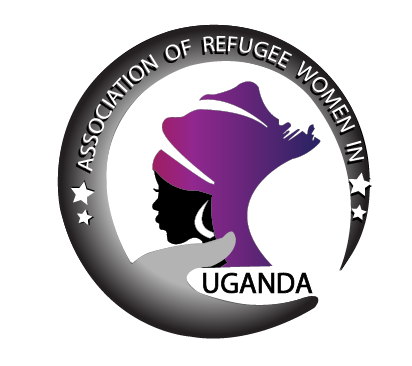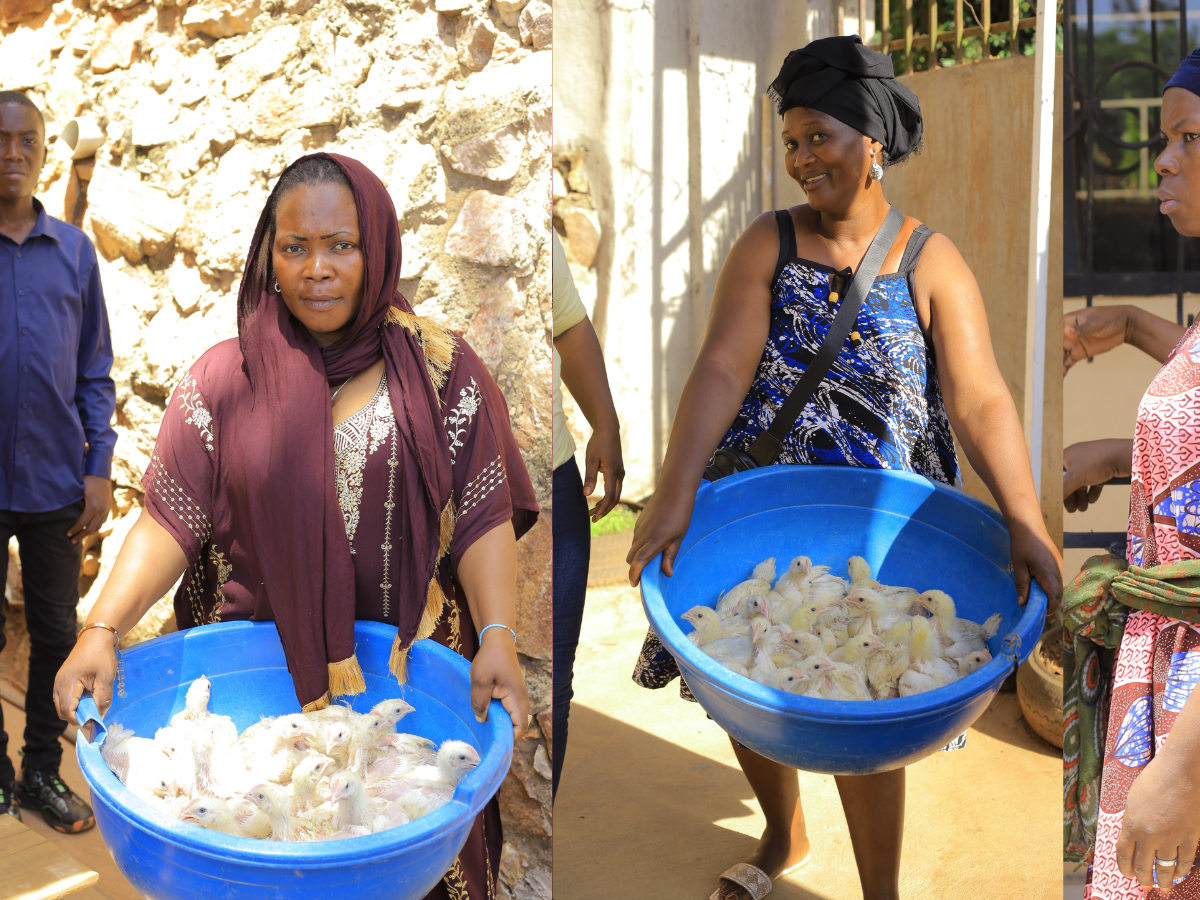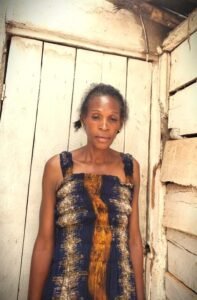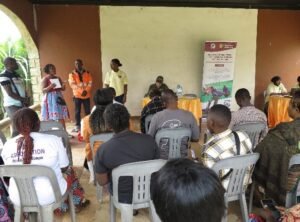


Economic Empowerment For Refugee Women In Urban Areas
The COVID-19 pandemic has caused economic upheavals globally, including Uganda.
There has been a noticeable increase in the number of refugees settling in Kampala city, away from refugee camps in recent years. AORW-U has interacted with some of these refugees and found out that they move to the city to access services that are not available in the camps. This way, they can engage in trading activities and also aim to access quality education for their children, to integrate and obtain legal status.
High unemployment rates and low wages characterize the economic status of refugees in Kampala, despite national policies allowing them to work and access certain services.
Thousands of female refugees are employed as domestic workers, and they confess that their rights are often violated. Many have menial jobs in the informal sector, such as street vending or domestic work, which usually offer low wages and lack stability. Many women refugees, especially, face the threat of gender-based violence in these public spaces. According to the joint data center, Uganda hosts 1.4 million refugees, 81 percent of whom are women and children who are at high risk of gender-based violence (GBV) and violence against children (VAC), including sexual exploitation and abuse, rape, forced and child marriage, and intimate partner violence.
On March 8th, International Women’s Day is celebrated every year with a specific theme. This year’s theme is “Invest in Women; Accelerate Progress”. The Association of Refugee Women in Uganda (AORW-U) is dedicated to supporting the economic empowerment of women with the help of donor partners such as Lifting Hands, among others.
However, through the following gut-wrenching testimonials of Aline Kamutere and Sifa Kavira, we catch a glimpse of their harrowing experiences and economic life before and after coming to Uganda.
Kamutere who resides in the heart of the slums of Kampala city is a Congolese refugee who wears a smile with the hope of seeing another day. She has found herself faced with the harsh realities of economic survival. Kamutere has quickly realized that her options are limited and she needs to carve out her path. She is a single mother looking after three children. Before coming to Uganda, she lived in Congo North Kivu with her family. However, in 2011, life took another turn when rebels of the ADF attacked their village and started killing people.
‘‘I fled to Uganda with my family out of fear. Since leaving our home country, we knew life wouldn’t be easy anymore. We now live in a single-room house next to the trenches that transport dirty water in the city. Life has been difficult since we’ve faced various challenges such as lack of food, medicine, job opportunities, and land for agriculture. These challenges stem from the lack of money. On a good day, we collect greens from the water banks to prepare and eat with our family. I would like to express my gratitude to AORW-U for the invaluable financial assistance they have provided me.
Since joining the savings group, I have been able to acquire microfinance loans and develop new skills that have been instrumental in overcoming my financial challenges like handcrafting.
The counseling sessions have also been a great help in reminding me that I am not alone in my struggles and that I have a support system for the people around me. AORW-U has provided me with education support, including a scholarship for my daughter, which has been a great help in ensuring that she continues to receive an education. In addition, the economic support provided through the Goats and Birds project has helped me pay my rent and school fees and afford a meal a day.
Despite the challenges that I have faced. I remain determined not to let my status as a refugee define me. I have a dream of a better future for myself and my children and I am confident that with the help of AORW-U, this dream will become a reality.’’

PHOTO CREDIT: Aline Kamutere at her home in Kampala.
Uganda is currently one of the world’s largest refugee-hosting countries. Part of their resettlement includes rwamwanja, nakivale, Bidibidi, Lamwo, Rhino camp, and many others. Refugees are given a piece of land for both living and agriculture. Most of the refugees in urban areas are either single men or single mothers with children. A majority of them come directly from their country of origin without settling in a refugee camp.

PHOTO CREDIT: Beneficiaries in Kampala during the table birds training and distribution of birds and feeding materials.
However, despite the dark chapters of their past, these courageous women share inspiring stories of resilience, transformation, and the support they found that has changed their economic well-being.